
Throughout history, Filipino women have played vital roles in shaping the country’s progress. From revolutionaries and medical pioneers to athletes, journalists, and women entrepreneurs, these powerful women have shattered glass ceilings, proving that strength, intelligence, and resilience know no gender. Their contributions continue to inspire other women, serving as role models in their respective fields and paving the way for equal opportunities in society.
In Metro Manila and beyond, empowered women in the Philippines continue to push for workplace gender equality, challenging norms and breaking barriers in their own workplaces. The International Labour Organization has long advocated for policies that support women empowerment, ensuring that more women can thrive in their careers.
Meanwhile, initiatives from the local government, businesses like the Moment Group, and progressive laws such as the Children Act and Republic Act protecting against anti-violence contribute to fostering a safer and more inclusive society.
As we celebrate National Women’s Month in 2025, the push for gender equality in the Asia Pacific region remains more critical than ever. By looking back at the remarkable Filipino women who made history, we not only honor their achievements but also recognize their impact on economic development, the fight for women’s empowerment, and the ongoing journey toward a more inclusive and equitable future.
Importance of Women Empowerment in 2025

Although the Philippines ranks high in gender equality in Southeast Asia, disparities in wages and job opportunities still exist. Advocating for equal pay and leadership roles ensures that females have the same career growth opportunities as males.
Investing in women’s education, health, and economic opportunities benefits not only individuals but also families, communities, and society as a whole.
Closing the Wage Gap
Although the Philippines ranks high in gender equality in Southeast Asia, disparities in wages and job opportunities still exist. Advocating for equal pay and leadership roles ensures that females have the same career growth opportunities as males.
Strengthening support for women in business and entrepreneurship also contributes to economic growth and the overall well-being of society.
Encouraging Women in Leadership
Representation matters. Seeing more females in politics, business, and the sciences inspires young girls to pursue ambitious careers and break stereotypes.
Increasing women’s participation in leadership roles ensures that their voices shape policies and decisions that impact their lives, families, and the wider community.
Protecting Women’s Rights
Issues such as domestic violence, workplace harassment, and limited access to reproductive health continue to affect women’s safety and well-being. Strengthening law enforcement and ensuring the government prioritizes women’s protection are essential steps toward true empowerment.
By reinforcing existing resources and legal frameworks, society can create a safer environment for women.
Promoting Education and Skills Development
Education is a key driver of women’s empowerment. By investing in programs that provide technical skills, entrepreneurship training, and higher learning opportunities, more Filipino women can achieve financial independence.
Access to these resources also enables them to participate more actively in the workforce and contribute to national progress.
As the world moves forward, fostering an inclusive society that uplifts women ensures that they can succeed without discrimination. Recognizing the benefits of gender equality and increased female participation in key industries leads to stronger communities and a thriving local and global economy.
To fully appreciate the importance of women’s empowerment, let’s explore some of the most remarkable leaders in the Philippines who have made history.
Remarkable and Empowered Women in the Philippines
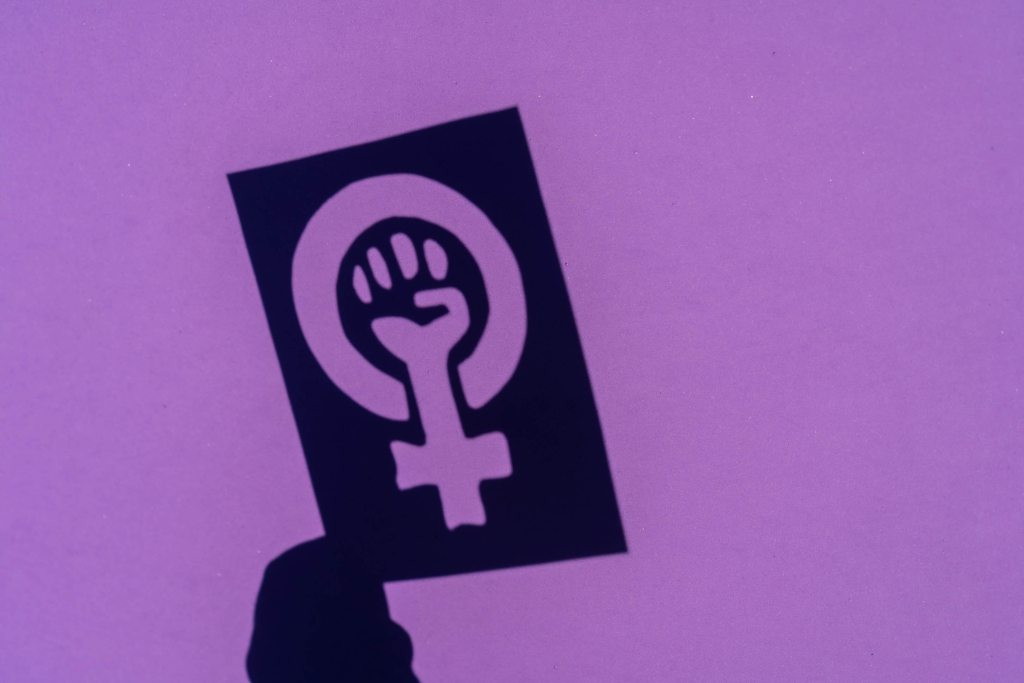
Throughout history, Filipino women have challenged societal norms, shattered glass ceilings, and redefined the role of women in shaping the nation. With courage, intelligence, and resilience, they have fought battles—both literal and figurative—to claim their rightful place in history. These women have made their mark in fields as diverse as revolution, politics, science, arts, and sports, proving that gender is never a limitation to success.
Their stories of perseverance and triumph serve as a guiding light for young girls, inspiring them to pursue their ambitions despite societal challenges. They remind us that empowerment is an ongoing act, one that is shaped by generations of fearless women who dared to defy expectations. Here are some of the most remarkable and empowered women in the Philippines whose legacies continue to inspire.
Melchora Aquino – The Mother of the Revolution
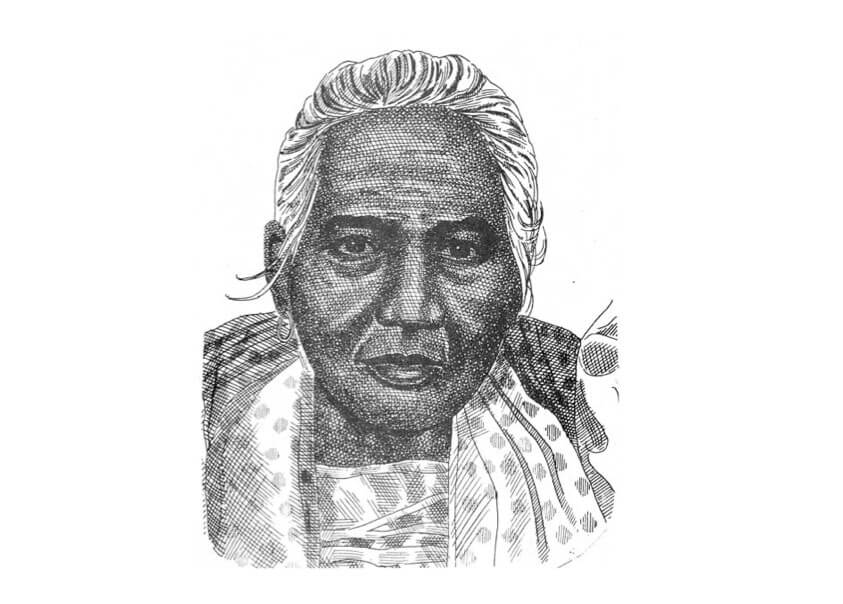
Known as “Tandang Sora,” Melchora Aquino played a crucial role in the Philippine Revolution against Spanish rule. At an age when many retreat into quiet retirement, she instead dedicated herself to the cause, providing food, medical assistance, and shelter to the wounded revolutionaries. Her home became a refuge for soldiers fighting for freedom, embodying the spirit of a true mother—not just to her children but to an entire nation.
Despite her noble deeds, she was captured and exiled by Spanish authorities. Yet, even in the face of adversity, she refused to betray the revolution. Her resilience proves that courage knows no age or gender, making her one of the most revered figures in Philippine history.
Gabriela Silang – The Filipina Warrior
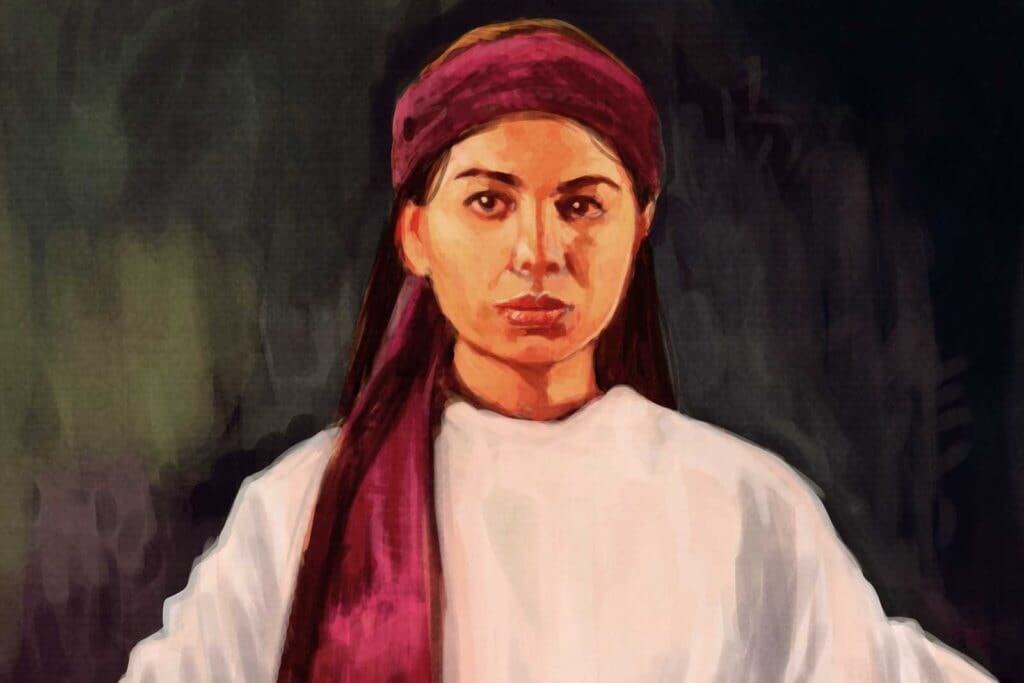
Gabriela Silang’s name is synonymous with bravery and defiance. After the assassination of her husband, Diego Silang, she took command of their revolutionary forces—becoming the first female leader of a military movement against Spanish colonizers.
With a sword in hand and an unyielding spirit, she led countless battles, proving that women are just as capable in the art of war. Though she was eventually captured and executed, her legacy of resistance and empowerment lives on. Today, her name is honored through Gabriela, a women’s rights organization advocating for gender equality and social justice.
Fe del Mundo – The First Female National Scientist
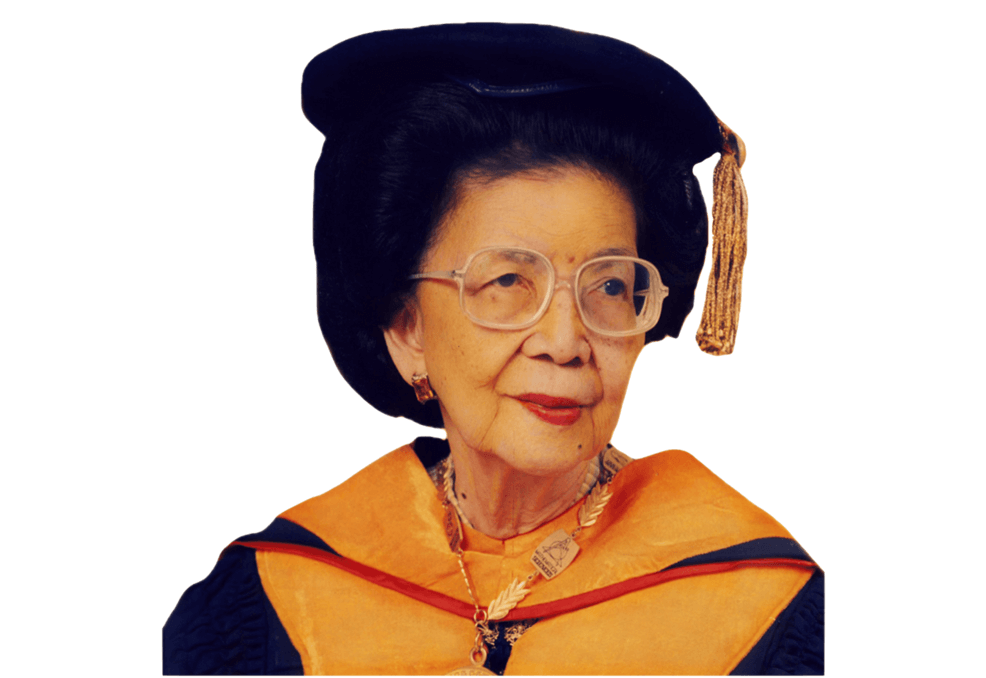
A trailblazer in medicine, Dr. Fe del Mundo was a woman ahead of her time. She was the first woman admitted to Harvard Medical School—an achievement that, even today, serves as an inspiration to women in STEM fields.
Her lifelong mission was to improve pediatric healthcare in the Philippines. She established the country’s first pediatric hospital, creating a safer environment for countless children in need of medical care. Her research and innovations continue to impact the nation’s healthcare system, saving lives and shaping the future of medicine.
Agueda Kahabagan – The Only Female General in the Katipunan
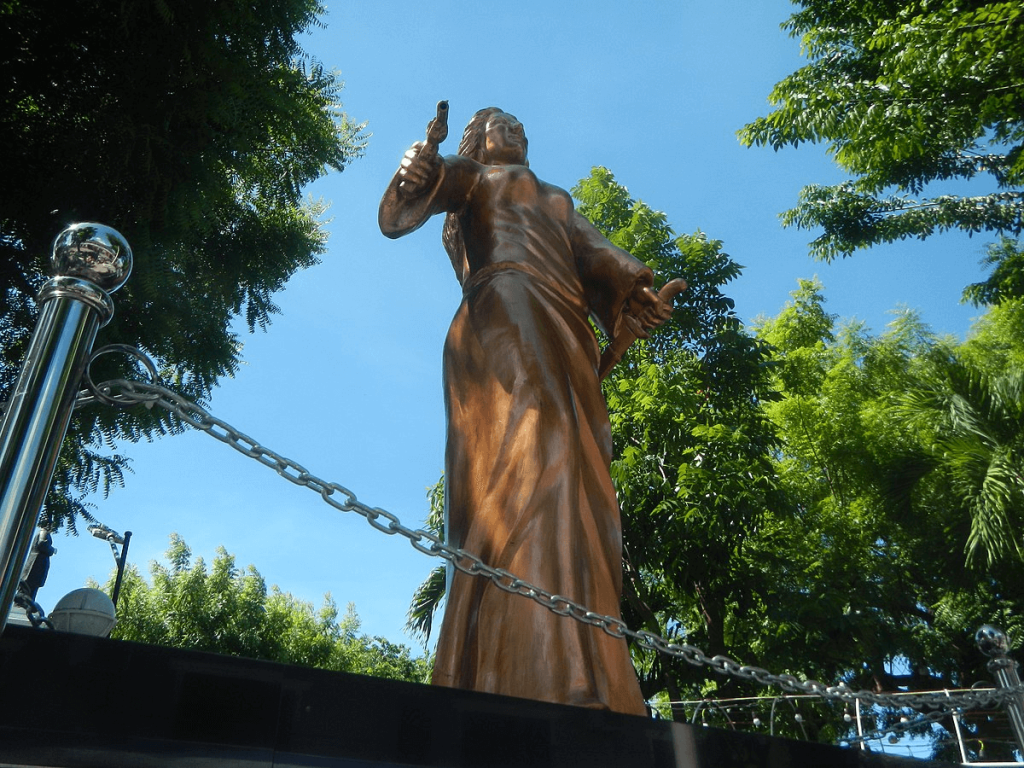
While many revolutionaries are well-documented, Agueda Kahabagan remains a mystical yet powerful figure in Philippine history. As the only recognized female general of the Katipunan, she fearlessly led guerrilla forces against Spanish troops.
Described as a warrior who fought in hand-to-hand combat, she became a symbol of female strength in battle. While historical records about her are scarce, her contributions to Philippine independence remain undeniable.
Pura Villanueva Kalaw – The Champion of Women’s Rights
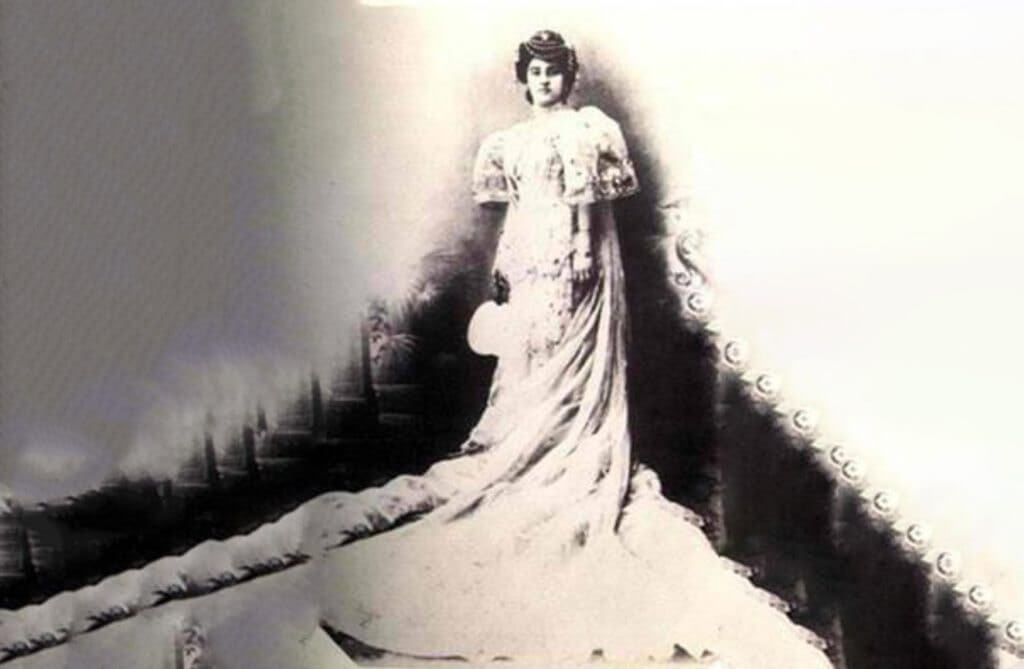
Long before women’s suffrage became a reality, Pura Villanueva Kalaw was already fighting for a woman’s right to vote. A journalist, beauty queen, and social reformer, she defied the notion that a woman could only excel in one field.
Her activism was instrumental in securing the right to vote for Filipino women in 1937, proving that advocacy and perseverance can lead to lasting change. Through her writings and projects, she encouraged women to actively participate in shaping the future of the country.
Whang-Od Oggay – The Last Mambabatok
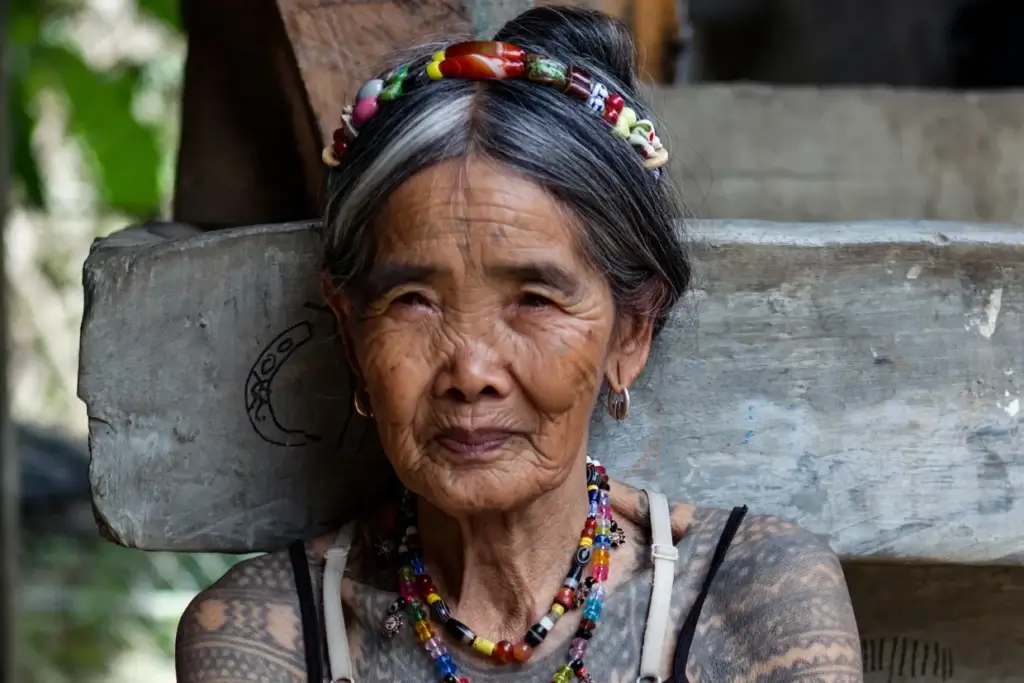
Deep in the mountains of Buscalan, Kalinga, Whang-Od Oggay carries on the ancient tradition of mambabatok (traditional tattooing). At over 100 years old, she is the last and oldest living tattoo artist of her kind, ensuring that the indigenous tattooing culture of the Cordillera region is not lost to time.
More than an artist, she is a cultural icon, teaching younger generations the value of preserving indigenous heritage. Her commitment to her craft has turned her into a national treasure, inspiring Filipinos to embrace their roots and respect their traditions.
Hidilyn Diaz – The First Olympic Gold Medalist
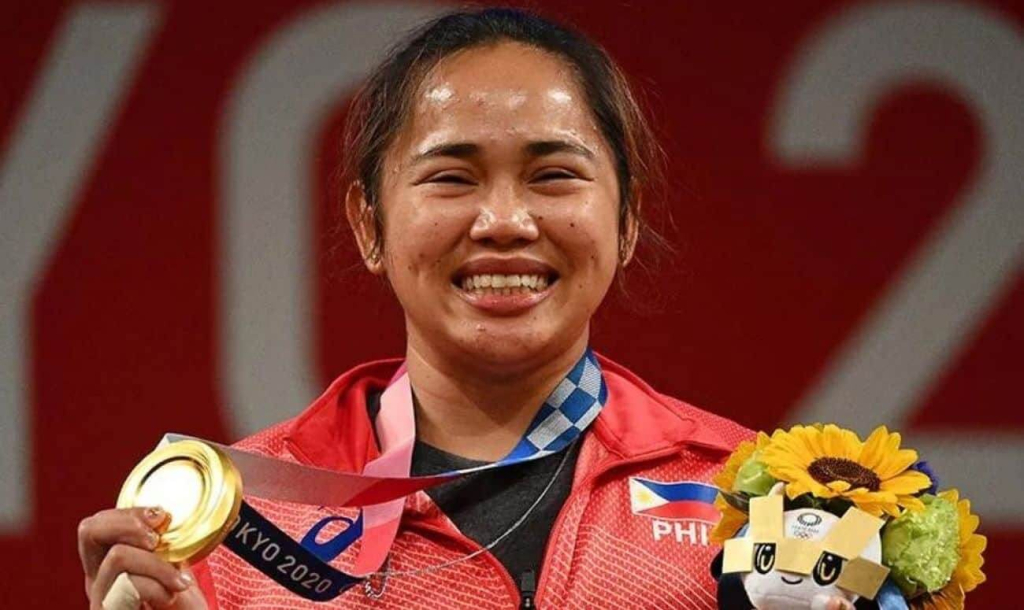
For decades, the Olympic gold medal remained elusive for the Philippines—until Hidilyn Diaz rewrote history in 2021. Competing in weightlifting, a sport traditionally dominated by men, she proved that Filipino women can compete at the highest level and emerge victorious.
Her triumph was not just about sports; it was a statement against gender stereotypes. Through her discipline and perseverance, she continues to inspire young athletes, especially young girls, to pursue their dreams fearlessly.
Maria Ressa – The Nobel Laureate and Press Freedom Advocate
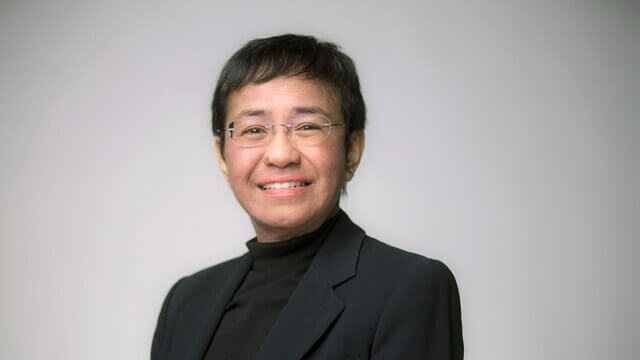
In an era where press freedom is under threat, Maria Ressa stands at the forefront of journalism, fearlessly speaking truth to power. As co-founder of Rappler, she has exposed corruption, misinformation, and threats to democracy, even at great personal risk.
Her relentless pursuit of the truth earned her the Nobel Peace Prize in 2021, making her the first Filipino Nobel laureate. Her story reminds us that journalism is a pillar of democracy, and her courage continues to inspire journalists and activists worldwide.
Achieving Workplace Gender Equality to Empower Filipino Women

One of the most effective ways to empower Filipino women is by promoting workplace gender equality. While the Philippines has made significant strides in advancing women’s rights, challenges such as wage gaps, underrepresentation in leadership, gender biases, and workplace discrimination remain pressing issues.
Achieving true gender equality in professional spaces is essential not just for women but for the economic development of the nation as a whole. Studies show that diverse and inclusive workplaces drive innovation, productivity, and overall business success.
Here’s how gender equality can be achieved in the workplace:
Equal Pay for Equal Work
Ensuring that women receive fair compensation for their skills, experience, and contributions is fundamental to gender equality. Despite their qualifications, women in many industries still earn less than their male counterparts for the same work.
Companies must commit to salary transparency, conducting regular evaluation of pay structures to eliminate gender-based wage gaps. Enforcing policies that ensure equal opportunities for raises and promotions will also help women achieve financial independence.
More Women in Leadership Roles
The presence of more women in leadership positions fosters a diverse and inclusive work environment where different perspectives are valued. However, many women still face glass ceilings that prevent them from advancing to executive roles.
Encouraging mentorship programs, leadership training, and networking opportunities for women can help bridge this gap. Companies should also recognize and promote female talent based on merit, breaking long-standing biases in corporate structures.
Flexible Work Arrangements
Balancing career and family responsibilities is one of the biggest challenges working women face. Providing flexible work schedules, remote work options, and parental leave policies enables women to thrive in both their personal and professional lives.
These arrangements benefit not just women but also men who share caregiving duties, fostering a more balanced approach to family and work life.
Creating a Safe and Inclusive Work Environment
Workplace safety is crucial in achieving gender equality. Strict enforcement of anti-harassment policies, anonymous reporting systems, and gender sensitivity training can ensure that women feel safe, respected, and empowered in their workplaces.
Employers must cultivate an inclusive company culture where discrimination and violence—both subtle and overt—are not tolerated.
Education and Skill Development
Investing in the education and skill development of women is key to their career advancement. Encouraging more women to pursue professions in male-dominated fields such as STEM, law, and politics will break long-standing gender barriers.
Organizations and local government agencies should collaborate to offer scholarships, training programs, and career mentorship for aspiring female professionals. Supporting women entrepreneurs and small business owners through funding and resources will also contribute to workplace gender equality by increasing women’s presence in various industries.
By fostering an inclusive and progressive work environment, businesses and organizations can empower Filipino women to thrive, lead, and innovate. Workplace gender equality is not just a moral issue—it is an essential factor in economic growth, social progress, and the overall success of the Philippines in the global arena.
Conclusion

The remarkable women who made history in the Philippines serve as powerful reminders of what is possible when determination, passion, and resilience drive change. From revolutionary heroes to modern-day icons, these women have paved the way for progress in politics, medicine, culture, and sports, inspiring future generations to continue their fight for equality. Their stories reflect the challenges they overcame, proving that empowerment is an ongoing journey that requires courage and commitment.
In 2025, the fight for women’s empowerment and gender equality continues. The pandemic has highlighted both the strengths and struggles that many women face, particularly in balancing work, family, and personal well-being. Now, more than ever, it is essential to create an environment where women can speak freely, participate in leadership, and take an active role in shaping the nation’s future. By advocating for equal opportunities, supporting women’s rights, and recognizing the immense contributions of Filipino women, we can build a more inclusive and progressive society.
Empowering women is not just about celebrating their past achievements—it’s about shaping a future where every Filipina, regardless of age, background, or circumstance, has the opportunity to rise, succeed, and make history. Whether in classrooms teaching children, leading community projects, or excelling in their fields, women play a crucial role in building a brighter future. With continuous evaluation of policies and greater commitment from all members of society, we can transform empowerment into meaningful action and create lasting change for generations to come.

Celebrate Life’s Milestones in Camella!
Make unforgettable memories in a Camella home.
Our communities are designed to elevate your living experience.


